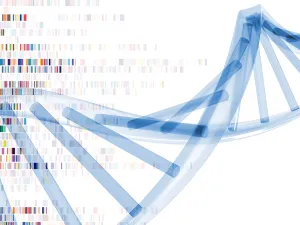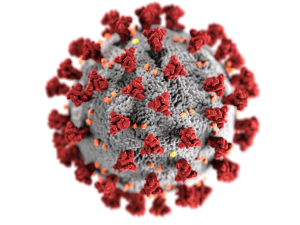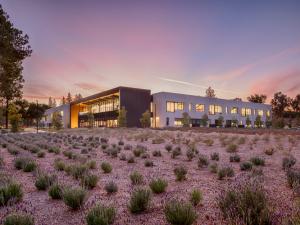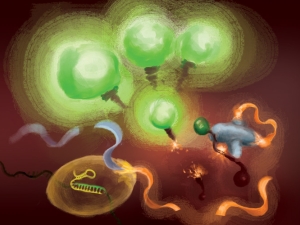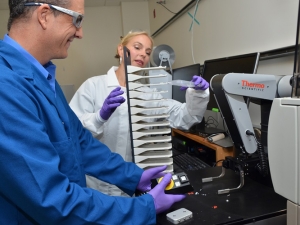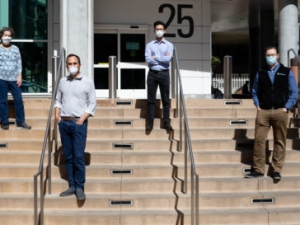

Research Bio
Patrick Hsu is Co-Founder and a Core Investigator of the Arc Institute and Assistant Professor of Bioengineering and Deb Faculty Fellow at the University of California, Berkeley. A pioneer in the fields of generative biology and CRISPR gene editing, Patrick’s work aims to accelerate scientific progress through innovation in biotechnology development, science funding, and research organizations. His research group works at the intersection of biology and machine learning, contributing the Evo series of biological foundation models, the first programmable recombinases, and the early development of CRISPR-Cas9 for human genome editing. He received A.M. and Ph.D. degrees from Harvard University and his research has been recognized by the New York Times Good Tech Award, one of The Most Important Breakthroughs of 2024 by The Atlantic and 5 Important Medical Breakthroughs Of 2024 by Forbes, Vox's Future Perfect 50, the MIT Technology Review’s Innovators Under 35, the Rainwater Prize for Innovative Early Career Scientists, the Amgen Young Investigator Award, and the NIH Early Independence Award. Outside of fundamental research, Patrick has co-founded multiple biotech companies, invests in AI startups, and helped to launch Fast Grants for rapid science funding.
Current Hsu Lab areas of interest:
Molecular Technologies: We invent molecular tools for biological programming by leveraging computational genome mining, functional biochemical and molecular assays, and protein engineering. Recent work from the lab include the first programmable DNA recombinases (bridge RNAs), the most widely used CRISPR tools for transcriptome engineering (Cas13d), and targeted genomic integration of large payloads (DNA integrases).
Merging Biology and AI: We work at the intersection of biology and AI by developing biological foundation models for generative DNA and protein design, as well as virtual cell models that can predict cellular response to chemical and genetic perturbations. We are also building AI agents for science to automate the process of making scientific breakthroughs.
Human Synthetic Biology: We aim to push the boundaries of synthetic biology in human cells via genome, epigenome, transcriptome, and protein engineering. First, we think backwards from major unmet therapeutic needs and then develop platform solutions that enable new kinds of genetic manipulations. Current areas of interest include cell type-specific control of biological perturbations, turning the dial on epigenetic memory, and manipulation of RNA splicing.
Research Expertise and Interest
generative biology, language models, virtual cell models, genome mining and editing, synthetic biology, AI agents for science
In the News
Cracking The Code of Life
Berkeley-Led Study Identifies Human Lung Proteins That Can Advance or Thwart SARS-CoV-2 Infections
UC Berkeley Partners With New Arc Institute to Tackle Complex Diseases
Using two CRISPR enzymes, a COVID diagnostic in only 20 minutes
Scientists pivot to COVID-19 research, hoping for quick results to deal with pandemic
What COVID-19 antibody tests can tell us, and what they can’t
Featured in the Media
“We’re really looking forward to how scientists and engineers build this ‘app store’ for biology,” said Patrick Hsu, an assistant professor of bioengineering.
For the past few weeks, more than 50 scientists have been working diligently to do something that the Food and Drug Administration mostly has not: Verifying that 14 coronavirus antibody tests now on the market actually deliver accurate results, this reporter writes, speaking of tests co-led by assistant bioengineering professor Patrick Hsu, an investigator at the Innovative Genomics Institute (IGI), a joint research collaboration between Berkeley and UCSF that is focused on CRISPR gene-editing technology. The team has found that only 3 of the 14 leading blood antibody tests they tested provided consistently reliable results, and even those three were flawed. The results are especially troublesome for their rate of false-positive results. I realized, 'Gosh this is really the Wild West,'" Professor Hsu says. "We needed to figure out which of these would really work." The accuracy of antibody tests is particularly important as states consider how they'll reopen safely, because they are critical for determining who is immune and would be safe to return to work. For more on this, see our press release at Berkeley News. Stories on this topic have appeared in dozens of sources, including U.S. News & World Report and KPIX TV--link to video.

